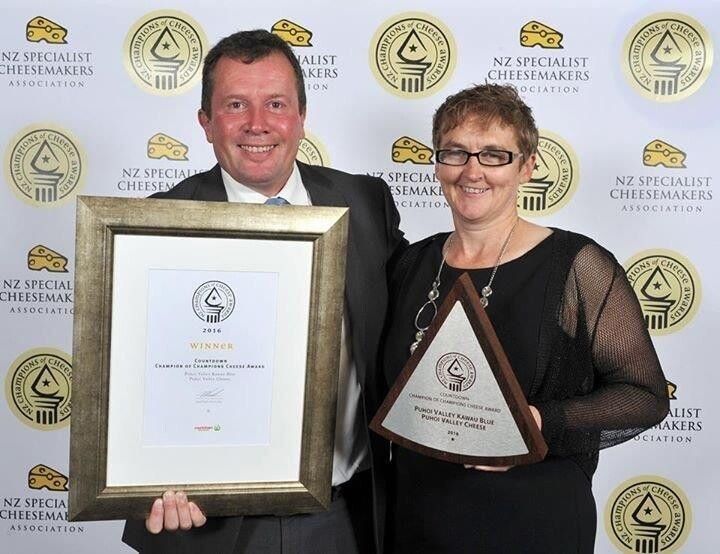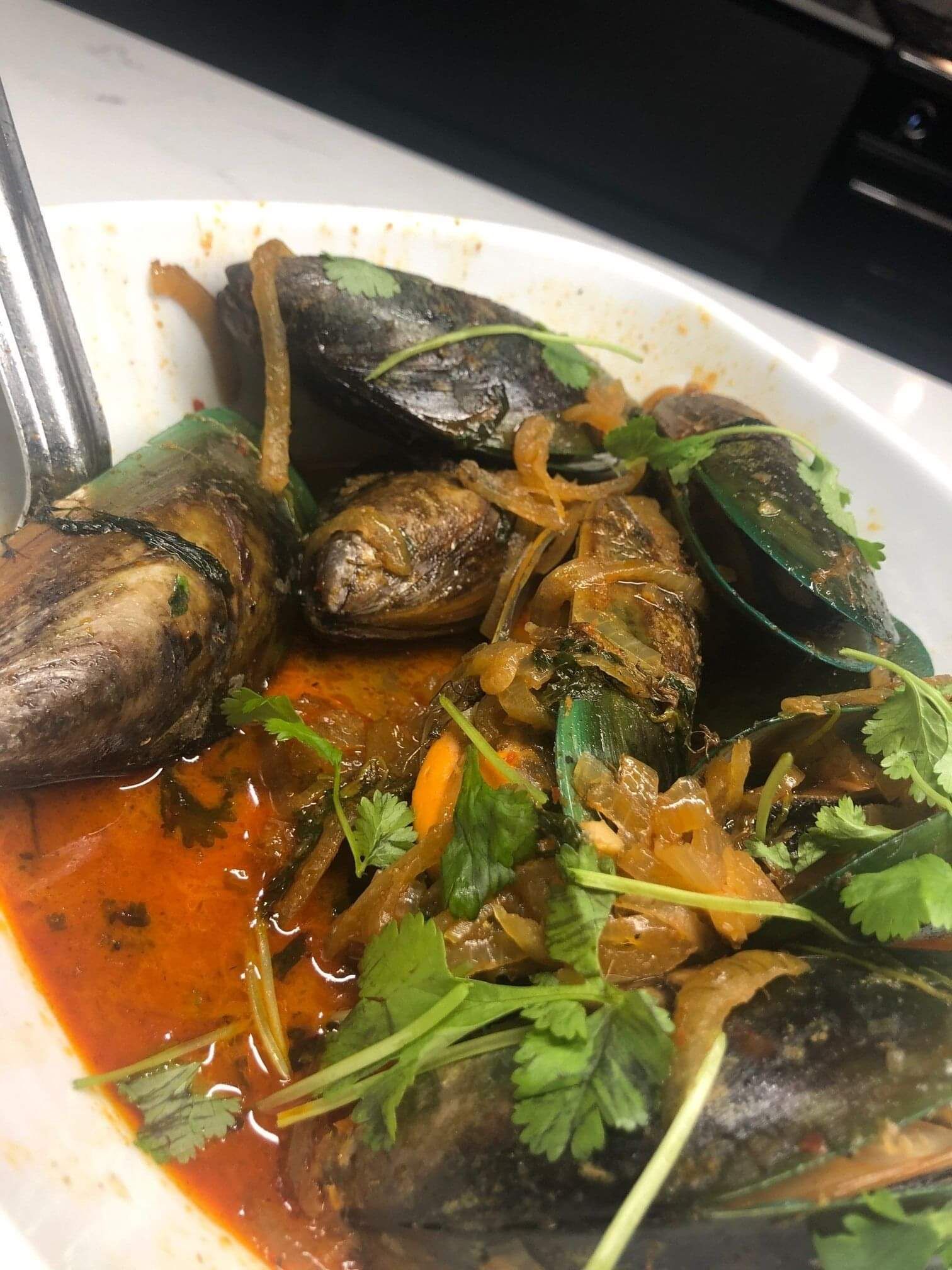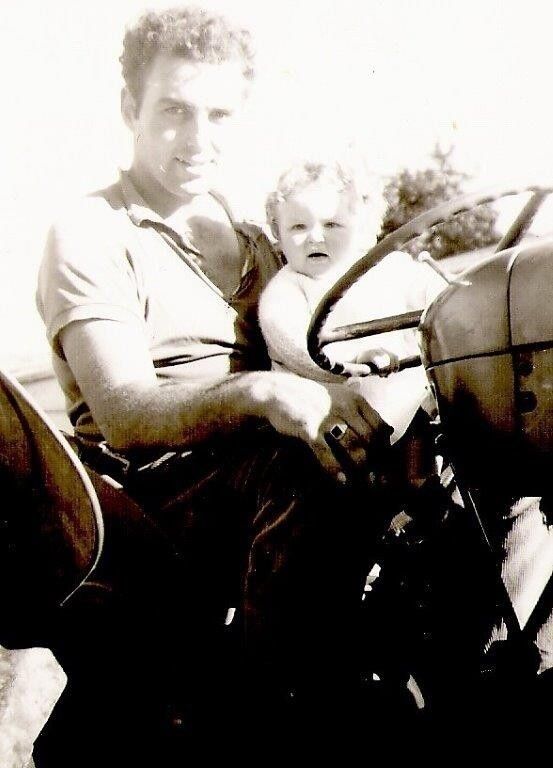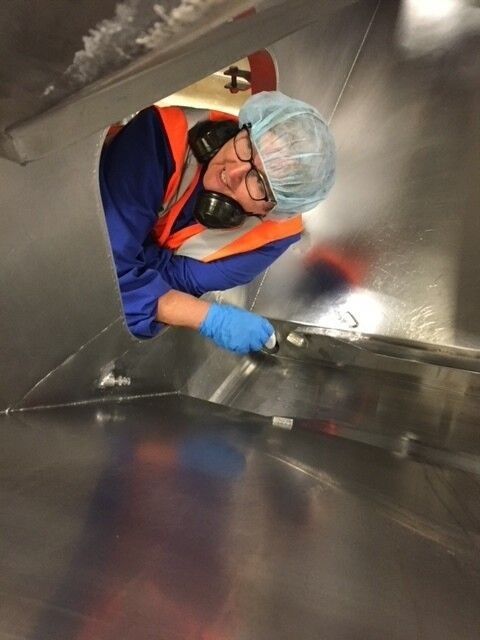Karen O'Brien
Five years into her role leading 330 people across Kono’s food division, most of whom work within the greenshell mussel operation, Karen O’Brien still sees huge opportunities ahead for marine farming.
“I continue to be blown away by the potential. It’s still very much a young
industry.”
She came into Kono after twenty years in the dairy industry. While she’d always enjoyed mussels, moving to the heartland of greenshell mussel production provided a revelation.
“The quality of the mussels grown across Te Tau Ihu just blew me away.”
As a food technologist, she wants to see if that freshness can be delivered
the world over.
“If we could capture the fresh quality in every mussel, we’d never meet
demand.”
Kono uses the industry standard frozen half shell as it’s exporting vehicle but whereas most companies focus wholly on food service, 25-30% of Kono’s greenshell are sold into retail outlets utilising a consumer-oriented trays pack format.
“We try to get as close as we can to the end customer.”
Karen believes mussel producers need to continue innovating to be able to contribute their share of the $3b by 2035 target the Government has set for aquaculture as a whole.
“We are still struggling as an industry to connect with our growth strategy. I still have great hopes and the foundations have been laid.”
As someone who grew up in rural Taranaki including some teenage years on a farm, Karen knows about fattening lambs or producing beef cattle and thinks most Kiwis have some understanding of what’s involved.
“People understand farming on the land because they can feel it, touch it and smell it. They can generally tell if the animals are in good shape or not.”
She says people looking at a marine farm wouldn’t have a clue about the
state of the crop.
Part of the challenge for the industry is educating people about how mussels are produced and how they deliver high-quality food with only a fraction of the environmental footprint of land-based farming.
When overseeing cheese production at Puhoi Valley and earlier for Fonterra in Taranaki, the answer to more demand was to ask for more tankers of milk.
With mussels, a lack of spat can mean problems with supply in two years time. The impacts of Covid-19 on demand have meant farms carrying mussels beyond the size that some markets prefer.
“There are just layers of complexity involved in producing greenshell mussels.”
She’s enjoyed that challenge and with it, the approach taken by Kono’s owners, Wakatu Incorporation.
“It’s been super-pleasing working within an organisation with the same value set. It’s always more than just the commercial aspect.”
Karen spent her first 12 months in the job improving her Te Reo and cultural appreciation and also worked alongside Kono’s then CEO Rachel Taulelei until she stepped down last September.
“Rachel was not just inspirational, but she provided plenty of opportunity for professional and personal challenges as well. Her passion for the Wakatu whanau and the New Zealand seafood industry is just legendry and sets a very high standard for others to follow.”
Karen’s role, while centered on mussel on water and processing operations also extends to the Annie’s fruit bar operation produced in Marlborough.
She’s now very settled here with her husband Chris, originally a chef who later also worked in the food industry, who now oversees process improvements at the Wither Hills winery.
Looks like there’s plenty of marine farming still ahead of her to help the industry achieve its potential.

Smile and say cheese – Karen tends to avoid the camera but here she is presented with an award for her cheese-making at Puhoi Valley.

Greenshell mussels are a staple in Karen and Chris’s household – this is her take on a red curry – “with coriander and anything else we have in the kitchen”

Karen has rural roots – here with her dad on his tractor.

Contact us
Phone: 03 578 5044
Physical address:
Ground Floor - WK Building
2 Alfred Street
Blenheim
Postal address:
PO Box 86
Blenheim 7201